|
I’m not crazy, but…
Sometimes I feel like it. There are times when I feel fine. But there are times when I definitely am not. It’s like my mind is on fire. The thoughts are constant. They run over each other and I can’t keep them straight. Other people can’t follow or keep up with what I’m talking about. I feel like I can tackle gigantic projects, all by myself. And other weird things happen. I buy things I don’t need. Not one pair of shoes but maybe seven. Sometimes not even the size I wear. I obviously didn’t need them, but can’t stop myself. I get so impulsive. I’ll do just about anything, try just about anything, sometimes resulting in life-changing badness. When you are feeling like this, it could be mania. Just about everyone knows what depression is. At some point, everyone experiences sadness, so depression is not hard to imagine as really bad sadness. A lot of people have heard about Bipolar Disorder, but few actually know what it is. It’s often thought that if you have mood swings or anger outbursts, then you must be Bipolar. Bipolar is more than a mood swing! Bipolar disorder is an illness of mood that can have episodes of depression with the other side being mania. People don’t seek help when they are manic. They seek help when they crash. Most of the time mania feels great, ecstatic, otherworldly. All of your sensations are heightened. Colors more vivid, urges unstoppable. The desire to spend, to use, to seek all pleasure, despite the risk. Bipolar Buzzwords Distractibility: cannot keep focus on any one thing, constant shifting attention. Insomnia: the decreased need for sleep, can’t sleep for days, or at full energy after only an hour or two of sleep. Grandiosity: feeling like the king/queen of the world, unrealistic power. Flight of ideas: racing thoughts, constant flow of random thoughts. Activity/ Agitation: super creative and starting many tasks that go unfinished. Speech: pressured speech, increased talking that is very difficult to stop. Thoughtlessness: increased risky behaviors (driving 100 mph, indiscriminate sex, stealing, spending excessive amounts of money in the thousands). How can I help myself? The single most important thing is to protect your sleep. Just because you can go without sleep, doesn’t mean you should. Don’t stay up all night playing games or watching movies because you can. Sleep deprivation can trigger a manic episode. Build a support system. Family or friends who know you well enough to recognize when you’re spending too much or when your behavior becomes erratic. Other things you can do that don’t involve a co-pay:
Missy, MD
3 Comments
The 2020 election is upon us! The country is in crisis and our opportunity to vote for new leadership is in our hands. With the recent passing of the Honorable Ruth Bader-Ginsberg, continual oppressive decisions, and the current state of the union, concern increases. Together, we must organize and carefully prepare ourselves to not only vote, but to help inform and arm others with the knowledge needed to make sound decisions around voting. We can empower, engage, and excite our communities about voting. Call your friends, family, church members, and make sure that they are registered to vote. The last day to register to vote in West Virginia is October 13th. Visit the Secretary of State's website at https://sos.wv.gov/elections/Pages/GoVoteWV.aspx and click on Elections to register online. On this site, citizens can verify their registration status. All you need is the person's name and birthdate to submit. The site will let you know whether you are active, your county/ precinct/ and your congressional district. For ease, you will also find the printable Application for Absentee Voting (https://sos.wv.gov/FormSearch/Elections/Voter/Absentee%20Ballot%20Application.pdf). Make copies and hand them out to your church members, coworkers, friends, and neighbors. By any means necessary, Get Out to Vote, and empower others to do the same. The county clerks began mailing ballots on September 18th. To support the people that you ask to fill out the form, ask them their plan and help them execute that plan. Mail in your ballot, drop it off, or be traditional and vote in person. No matter how you plan to do it, just do it. We have 36 days before the General Election. Stay tuned and continue to engage others.
West Virginia Online Voter Registration Website: www.ovr.sos.wv.gov Important Dates: October 13, 2020 (post received by Oct. 16th) - Voter Registration Deadline October 28, 2020 - Eligible voters may apply for a General Election ballot by mail. October 21 – October 31, 2020 - Early Voting at the county courthouse, annex or designated community voting location during normal business hours and Saturdays 9AM to 5PM. October 28, 2020 - Deadline for Absentee by Mail Application. November 2, 2020 - Deadline to hand-deliver Absentee Ballot to County Clerk’s office. November 3, 2020 (General Election Day) - Polls open 6:30 AM to 7: 30 PM and absentee ballots must be postmarked. November 9, 2020 - Absentee Ballot postmarked by Election Day accepted if received by start of Canvass. Please feel free to contact me with additional GOTV suggestions or activities at 304-543-0248 or [email protected] . Let’s change history with our votes! McDowell County is the most Southern County in West Virginia, bordering southwest Virginia. Blacks began migrating into the County when railroads came to the County, on or about 1895. The railroads provided mass transportation of coal to eastern and mid western parts of the nation. This new industry created jobs requiring hard labor coupled with low skills. Because of the lack of suitable housing, coal companies built houses for its employees. The grouping of these houses was called “coal camps”.
The population increased rapidly, going from 7,300 in 1896 to over 98,000 in 1950. The Black population increased greatly during this period; and its Black population was the highest of any County in the State. Along with the influx of Black miners, Black professionals soon followed to serve the community. They included Medical Doctors, Nurses, Dentists, Pharmacists, School Teachers and School Administrators. This professional class served the entire population, except of course, the educational sector. Coal mining soon became the main industry, employing thousands of employees, with close to 35% being Black. The coal companies were segregated and several mines’ production staff were nearly all Black. It should be noted that these mines were duly recognized as being more efficient than other mines. Black policy makers were included in all phases of civic life, including the union representing the coal miners. The County once boasted 4 separate Black High Schools, more than any other County in the State. Its graduates have distinguished themselves in various professions throughout the nation and exhibit great pride in their home County, affectionately referred to as “The Patch”. Also included in the Black migration were gamblers, women of ill repute and others of similar ilk. A small area, approximately 6/7 acres, commonly called “Cinder Bottom” was where the above-named, engaged in their individual professions. Coal is no longer “King” and the population has sunken below 18,000 and is ranked among the poorest counties in the nation. People ages 50 and older control more than 70 percent of the country’s wealth, so fraudsters are finding new ways to target retiring baby boomers and the growing number of older Americans. This type of crime called elder financial abuse is on the rise and is estimated to have cost victims at least $2.9 billion last year alone.
Elder financial abuse is a crime that deprives older adults of their resources and ultimately their independence. Anyone who sees signs of theft, fraud, misuse of a person’s assets or credit or use of undue influence to gain control of an older person’s money or property should be on the alert. Those are signs of possible exploitation. Older Americans that may have disabilities or rely on others for help can be susceptible to scams and other fraud. Advances in technology can also make it difficult for seniors to know who to trust and what's safe. Tips for Seniors Despite these threats, taking simple steps to safeguard personal information and being aware of warning signs can protect aging men and women from financial abuse.
The key to spotting financial abuse is a change in a person’s established financial patterns. Watch out for these “red flags”:
Never give your Social Security number, account numbers or other personal financial information over the phone unless you initiated the call. This article content created by the American Bankers Association is provided by MVB Bank. More information about Safe Banking for Seniors and other financial tips for consumers can be found on the ABA website: https://www.aba.com/advocacy/community-programs/consumer-resources. If you would like more information from your local bankers on this or other topics, please email Amy Baker, VP, Corporate Communications & Marketing, at [email protected] or visit www.mvbbanking.com. No one needs to say that 2020 has been overwhelming to say the least, because we all are well aware of that with Covid-19 and the social unrest occurring all at once. After struggling through April through June, at the beginning of July I decided that I was starting my year over. It would be a fresh start to redeem and reinvigorate my goals and intentions for the year. I decided to refocus myself with the new information I had from the first six months of the year and move forward with my goals and plans with the consideration that things could change in the blink of an eye. Three things can help you to be more intentional about the remainder of 2020 no matter what is going on.
Invest Time. No matter what year it is and what is going on in the world one thing doesn’t change, we must set our intentions to invest time in ourselves. 2020 has allowed many people to start a side hustle, begin a new hobby, or spend more time finding things to enjoy at home. However, we have to be intentional to continue that as things are reopening and some aspects of life are transitioning into the “new normal”. A few ways to ensure that you are creating the time to invest into yourself are: · Setting limits on the time you spend on social media · Find at least one specific thing you care about to invest your time in · Be intentional with your time, use planners, e-calendars, and alarms to keep you accountable for the time you are spending doing any given thing throughout the day. Invest in Building a Strong Mindset. Your mindset will determine your direction and if your goals will succeed. If you want to shift your mindset to being one that is intentional, your goals for the year will occur at a rate you won’t even believe over time. You can invest in your mindset by: · Hiring a life coach to help you recognize self-defeating ways, based on fear, or to help you create a strategic plan for your goals and dreams in life. · Working with a therapist to address any traumas or deep-rooted issues that may be interfering with your success and well-being in adulthood. · Reading books that expand your mind beyond your perspective and looking at the possibilities of life. Invest in Learning Something New. One of my strongest core beliefs is that the more you know, the more you will grow. Invest in yourself by choosing to learn more than you knew yesterday. Spending some intentional time focused on learning can be a gamechanger for your life. Take some time the remainder of this year to invest in learning something new by: · Attending virtual conferences, workshops, and courses that align with your goals · Reading books that challenge you to think · Watching documentaries and videos on topics of interest In a year like this it is important to develop a strong foundation for your goals and plans. Take this time to be intentional and develop your foundation by investing time into yourself, strengthening your mindset. Follow Latisha as she emboldens people of influence to replenish as they thrive. Tune into her weekly podcast The Refill with Latisha Carr or follow @latisha.carr on Instagram. The key to a good budget is including as much information as you can, so that you can adequately prepare and plan. It's important to keep accurate records of your spending so you'll spot places where you can save money and know how much you can reasonably spend.
Did you have money left over at the end of the month – or too much month left at the end of the money?
Here is a link to some helpful interactive calculators to help you make important financial decisions:https://www.aba.com/advocacy/community-programs/consumer-resources/calculators. This article content created by the American Bankers Association is provided by MVB Bank. More information about creating a budget and other financial tips for consumers can be found on the ABA website: https://www.aba.com/advocacy/community-programs/consumer-resources. If you would like more information from your local bankers on this or other topics, please email Amy Baker, VP, Corporate Communications & Marketing, at [email protected] or visit www.mvbbanking.com. Too often, lessons of our politics include only the stories of white West Virginians. The whitewashed history of Appalachia has primarily become its legacy, silencing the Black lawmakers that have worked to create a place where Mountaineers are always free. More than two and a half centuries after statehood, Black political power is still subject to the oppressive, white-supremacist structure that serves to erase it. Being Black in Appalachia has been overshadowed by white political narratives and documentaries to which we have all unknowingly accepted. Postbellum Appalachia is more than just what we have perceived through a white lens, and it’s everyone’s responsibility to recognize and explore the substantial Black influence on West Virginian legislation and policy.
As southern West Virginia's Black population grew in the late 1800s, Black individuals began to carry more weight in an overwhelmingly white political system. It wasn’t until 1896 that Christopher Payne, the first Black person to serve in the West Virginia legislature, was elected. From Payne onward, Black lawmakers in West Virginia have advocated for social and racial justice. Payne began West Virginia’s legacy of Black newspapers by establishing three of his own, bringing accessible information to marginalized Black communities. James Ellis, the second Black person elected to the legislature, played a vital role in revising West Virginia’s educational system to increase student success to this day. Unsurprisingly, many of West Virginia’s Black women were political trailblazers as well. In 1928, Minnie Buckingham Harper was appointed to the House, shattering the glass ceiling as the first Black woman to become a member of any legislative body in the United States. Harper’s appointment reflected the growing importance of southern West Virginia’s Black political coalition at the time and surely inspired women to pursue legislative careers nationwide. This included Elizabeth Simpson Drewry, the legislature’s second female Black delegate who introduced several major bills from providing compensation for victims of black lung to amending the state constitution so that women could serve as jurors. The first Black person elected to the Senate was also a woman, Marie Redd, who began to serve only about two decades ago in 1998. Black history and hidden history should not be synonymous; Black history is West Virginia history. The progress made by our Black lawmakers is a groundbreaking element of what the Mountain State is today. Their fight to build a more just society and their spirit of public service alongside racial struggle depicts their true dedication to West Virginia, and their innumerable contributions deserve to be recognized. From Christopher Payne and Minnie Buckingham Harper to Sean Hornbuckle and Danielle Walker, Black Appalachian history continues to be made in front of our very eyes, and it is our job to break down the constructs used to erase Black power as well as to learn and teach about the presence and significance of West Virginia’s Black lawmakers. About the Author: Myya Helm is pursuing a bachelor’s degree in Political Science and International Studies at West Virginia University. Her academic interests lie in racial and multicultural affairs, ranging from Black American politics to Middle Eastern refugee policy. Myya’s past undergraduate research has focused on the prevalence of police misconduct among Black and other minority groups. Her writings on Black history and being a Black West Virginian have been published by the West Virginia University Undergraduate Literary Journal and Black Business Now magazine. She is an intern of West Virginia Delegate Danielle Walker, one of the two Black women in the West Virginia House of Delegates, and more recently worked with Delegate Walker to pass The Crown Act, a bill to ensure protection against the discrimination of race-based hairstyles. Throughout her community, she often presents at events celebrating Black culture and heritage. On campus, Myya works to address racism within the university policing system, is an Anti-Racist and Gender-Inclusive Safe Zone Trainer with WVU’s LGBTQ+ Center, and has served on the Student Government Association’s Diversity and Inclusion Committee as a senator. Myya is also a David L. Boren scholar, a Benjamin A. Gilman scholar, the Vice President of her collegiate NAACP chapter, and the 2017 Youth Queen of the West Virginia Black Heritage Festival. We are told that time heals all wounds.
That is not true. We are told that if we just try hard enough we can be perfect. That is also not true. Celebrate Recovery recognizes that we all have hurts, habits and hang-ups. We have been hurt in life and as it says in Jeremiah 6:14 “You cannot heal a hurt by saying that it is not there.” You have to work through that hurt or that hurt is going to continue to work on you. We all have habits that are not God’s plan. It says in Jeremiah 29:11 “For I know the plans I have for you,” declares the LORD, “plans to prosper you and not to harm you, plans to give you hope and a future.” Life on life’s terms in tough and it is easy to get hung-up somewhere along that line. Jesus wants us to have freedom and tells us in Matthew 11:28 “Then Jesus said, “Come to me, all of you who are weary and carry heavy burdens, and I will give you rest.” Celebrate Recovery is a Christ-centered and Biblically balanced 12 Step recovery program that was started 29 years ago at Saddleback Church with Pastors Rick Warren and John Baker and now is in more than 30,000 churches in over 38 countries. Everyone can benefit from Celebrate Recovery. It helps those with all kinds of additions to drugs, alcohol, gambling, pornography and food; codependency; grief; anxiety and depression; abuse and trauma; control issues and more. You name it and if a human being has to deal with it then Jesus through Celebrate Recovery can help it. There is also a children program for those 5 to 12 called Celebration Place and a teen version called the Landing. The whole family can come to Celebrate Recovery. There is no need to sign up. You can just show up at a CR near you. And it is free. There are 4 Celebrate Recovery meetings in 4 churches on different nights in Harrison County…and more than 50 in WV. Please check the website www.celebraterecovery.com Celebrate Recovery Homepage What is Celebrate Recovery? It is a Christ centered, 12 step recovery program for anyone struggling with hurt, pain or addiction of any kind. It is a safe place to find community and freedom from the issues that are controlling our life. www.celebraterecovery.com or contact me at 304-677-8880 for details. |
Due to the COVID-19 pandemic, the 2020 West Virginia Black Heritage Festival has been canceled but that doesn't mean we're taking a break! Archives
January 2021
Categories |
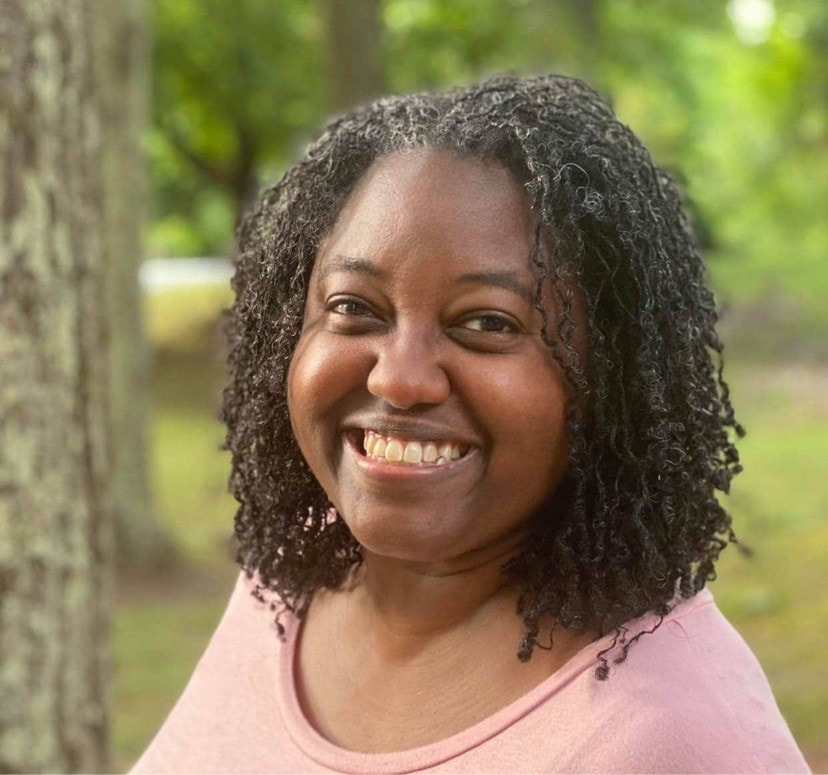

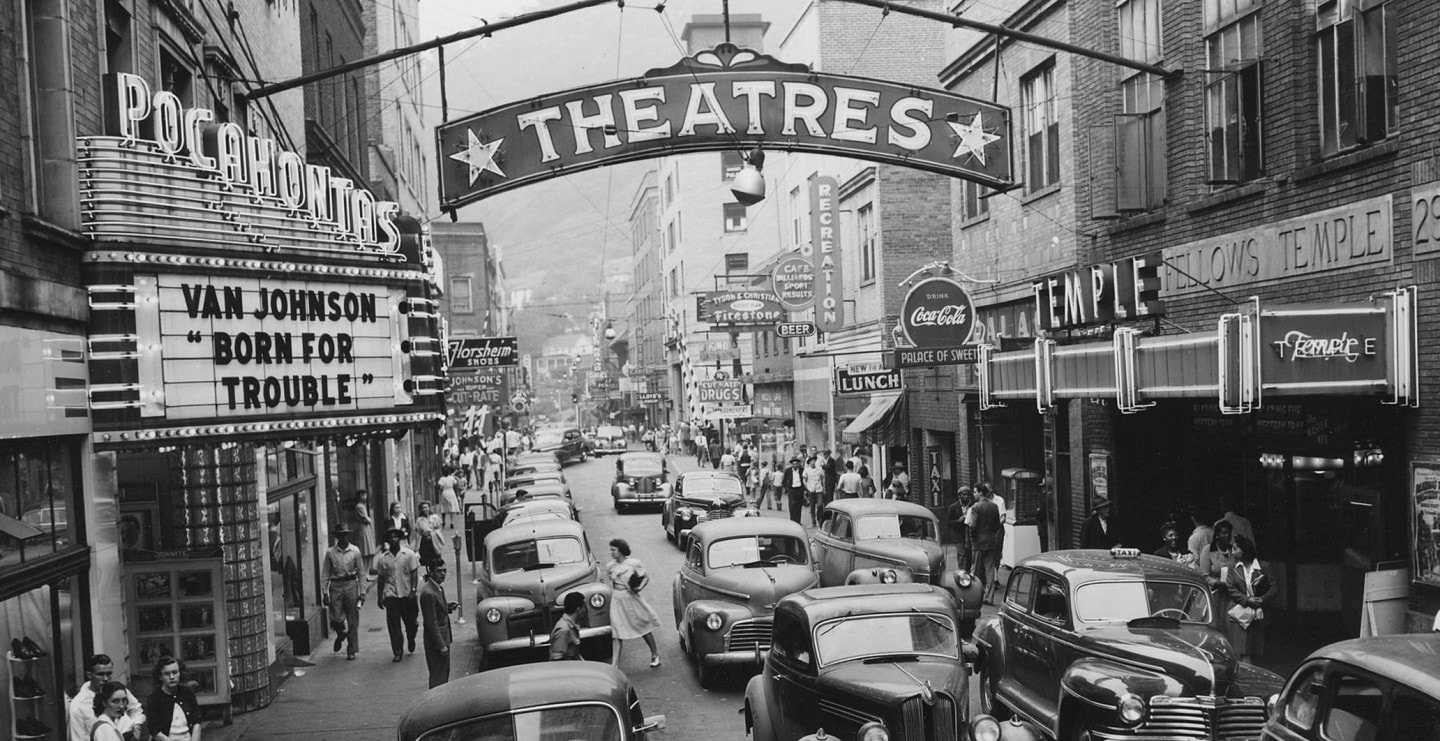

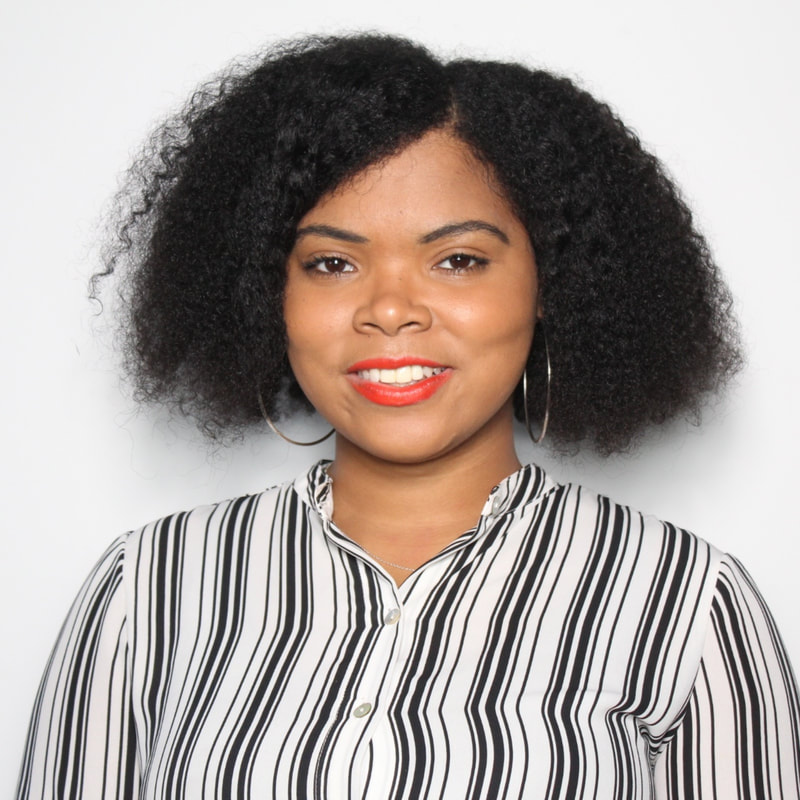
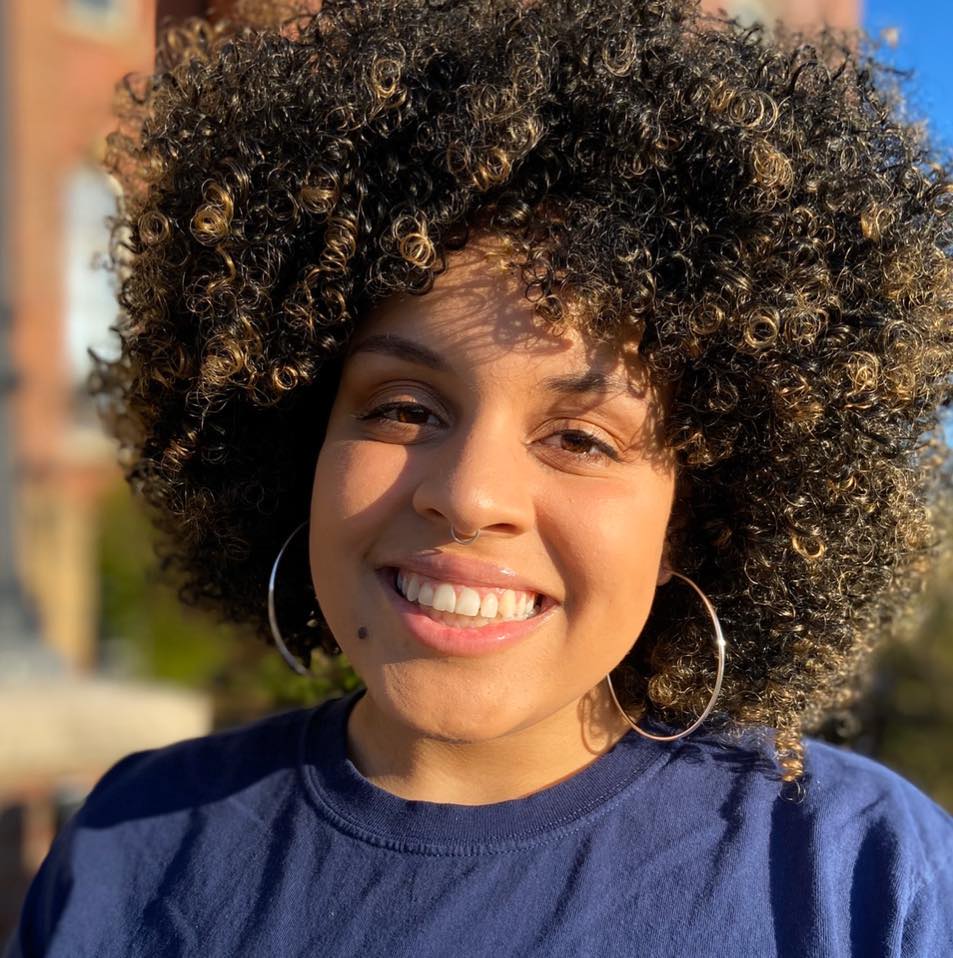
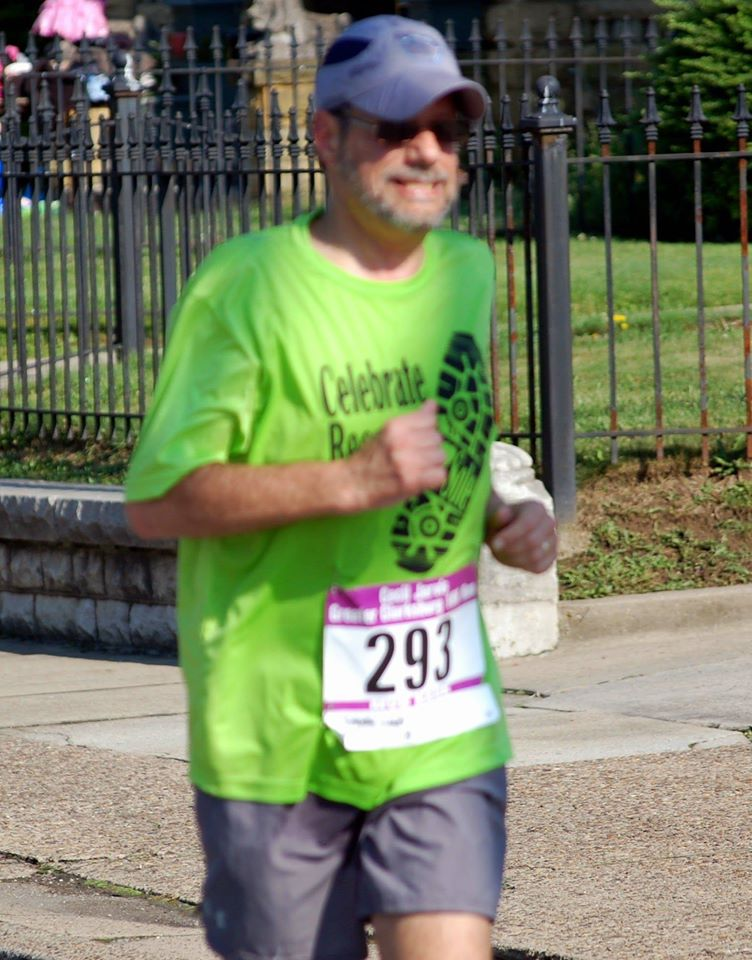
 RSS Feed
RSS Feed